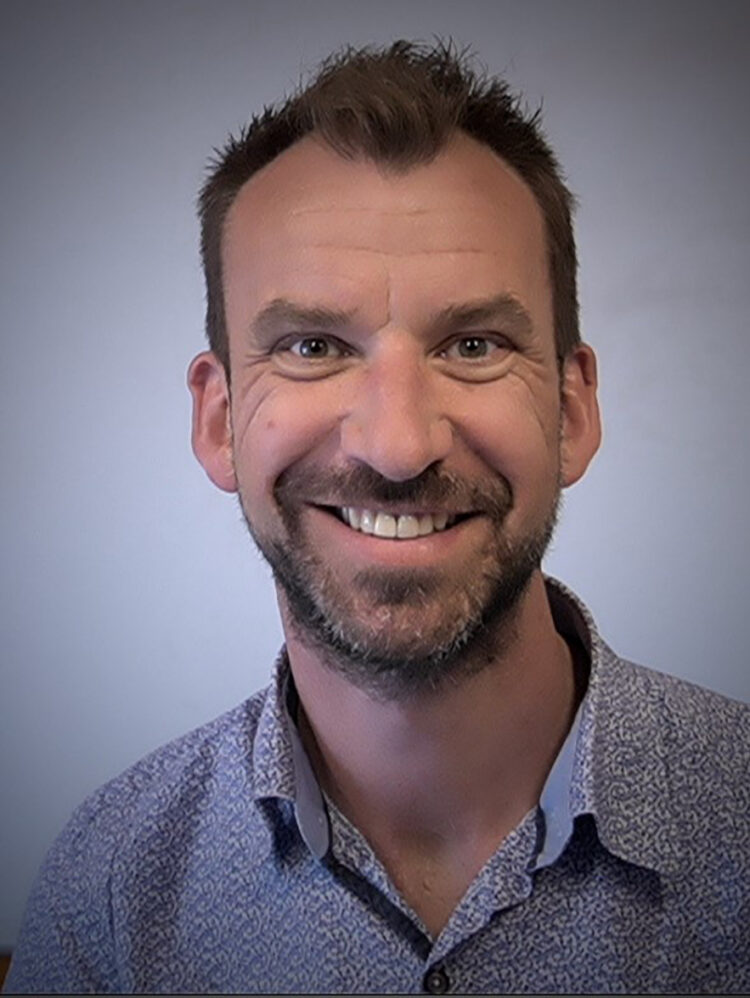Acceptance of novel design frames within (social) innovation
ongoing
PhD Project by Emile Mazerant (MSc)


“A frame and the solution ideas it generates are only as good as the interest and commitment they spark in the parties who are needed to implement them.”
(Kees Dorst, 2015)
Ultimately, I am interested in spurring innovation for complex (societal) problems. Involved organizations are (part of) complex, dynamic systems that increasingly resort to design methods in addressing these complex problems. These methods are not their standard approach to tackling problems. (Re)framing is widely considered to be a centerpiece to design methods. Acceptance of novel problem-, and design frames by actors needed to bring subsequent futures into practice is pivotal in bringing change in those systems. More than just the frames itself, it is observed that social dynamics within and surrounding the design process influence whether proposed frames can and will be accepted. Hence, it seems relevant to improve our understanding of how novel design frames – and the solution ideas that go with it – can be accepted by the actors needed to bring these solution ideas further into practice.
My PhD project will be an inquiry into the acceptance of new design frames within (social) innovation by actors required to implement the futures that fit – and follow from such new design frames. We seek to identify the factors of influence on such initial ‘frame acceptance’ – and intended frame dissemination. To do so, we will explore factors of influence originating from the ‘design process’, the proposed ‘design intervention’ (the design object) itself, its ‘context’ and of the involved ‘actors’. More specifically, the focus will be on the social dynamics involved within and surrounding design processes in such complex social innovation contexts.
The Goal
In doing so, I aim to support designers by gaining a better understanding of the phenomenon of frame acceptance and of how the acceptance of frames is influenced, other than by the frame and the design process itself. My ambition is to add practice-relevant theory, which might take the form of a key enabling methodology.